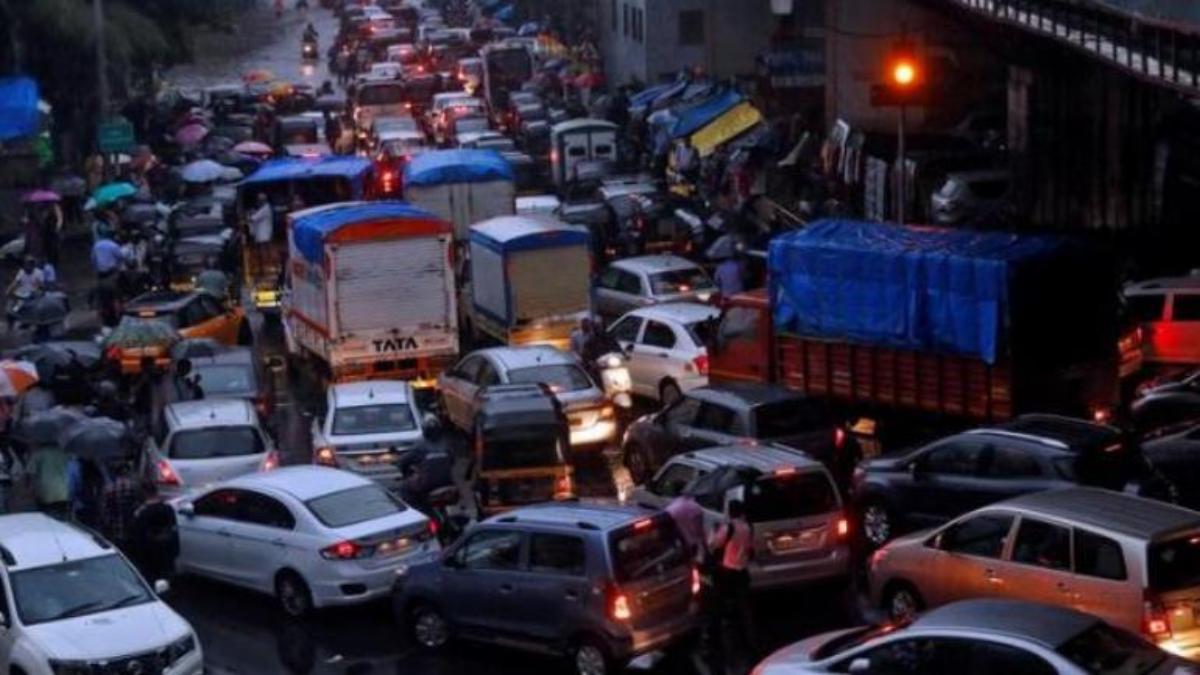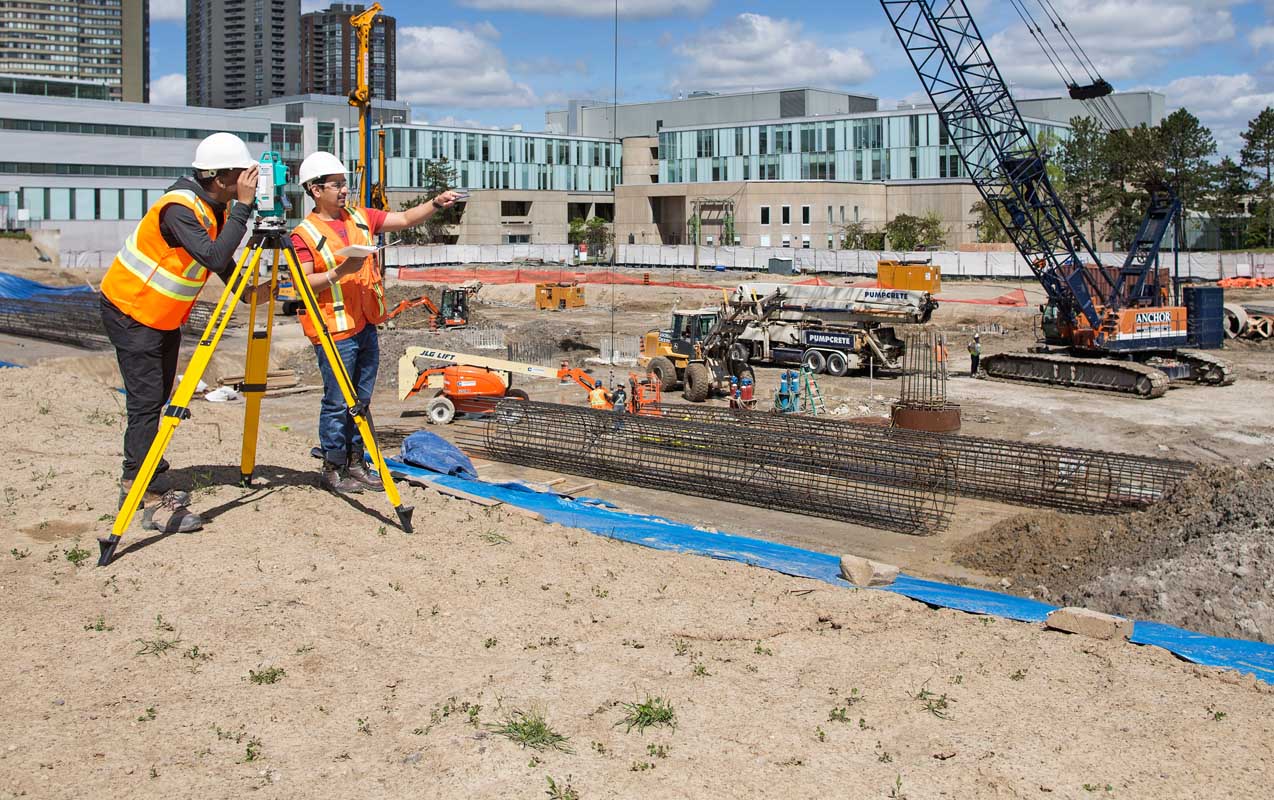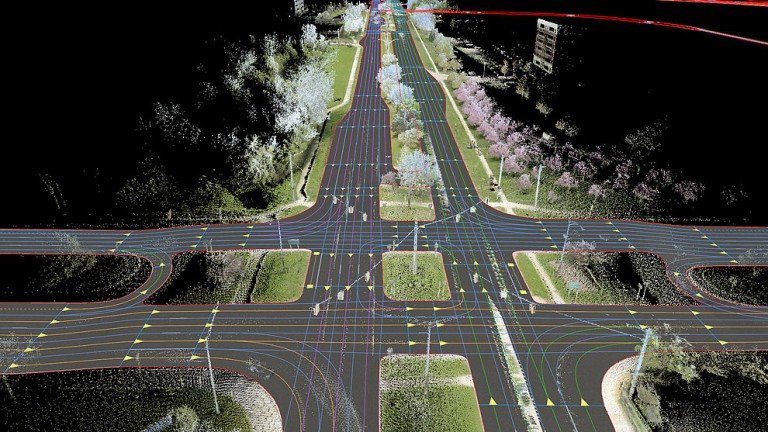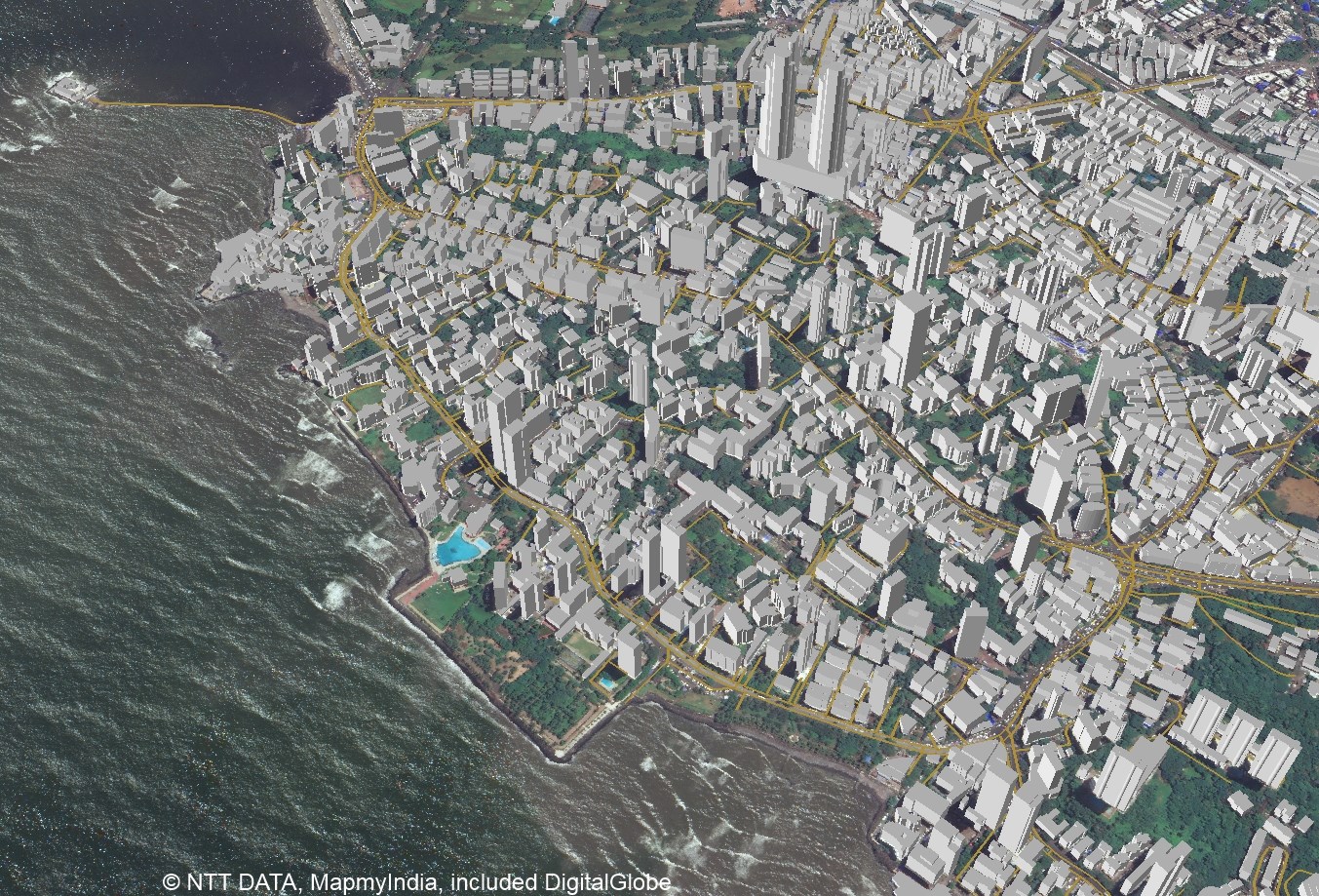GPR Survey
A GPR survey involves using a specialized antenna to focus electromagnetic pulses (radar signals) of short duration into the ground. These signals propagate and
Read MoreLiDAR survey is a technology that uses laser pulse to hit the target and estimates the distance by the time of the returning pulse. We have a specialized LiDAR team who can handle data acquisition and also LiDAR data processing. We are sound in the data collection techniques using 3D laser scanner and MLS (Mobile LiDAR Scanner).
LiDAR (Light Detection and Ranging) is a technology that uses laser pulses to create detailed 3D maps of the environment. LiDAR data protection refers to the measures taken to safeguard the privacy and security of the data generated by LiDAR systems.

As LiDAR data contains information about the physical characteristics of the environment and the objects within it, it can be sensitive and valuable information. For example, it can reveal the layout of buildings, the location of critical infrastructure, or the movement of people and vehicles. As such, protecting LiDAR data from unauthorized access, use, or disclosure is essential.
To protect LiDAR data, various measures can be taken, such as encryption, access controls, and data anonymization. Encryption involves using algorithms to convert the data into an unreadable format, which can only be accessed with a key or password. Access controls limit who can access the data and what they can do with it, while data anonymization removes personally identifiable information and other sensitive details from the data.
In addition to technical measures, policies and procedures can also be put in place to govern the use and handling of LiDAR data. These can include guidelines for data storage and retention, data sharing, and data destruction.
LiDAR data protection involves several technical and non-technical measures to safeguard the privacy and security of LiDAR data. Here are some more details about these measures:
Encryption: Encryption is the process of converting data into a code to prevent unauthorized access. LiDAR data can be encrypted using symmetric or asymmetric encryption algorithms to protect it from unauthorized access. Symmetric encryption uses the same key for both encryption and decryption, while asymmetric encryption uses two different keys, one for encryption and one for decryption.
Access Controls: Access controls are measures that limit who can access LiDAR data and what they can do with it. Access controls can include password protection, user authentication, and role-based access control. Password protection ensures that only authorized users can access the data, while user authentication verifies the identity of the user. Role-based access control limits access to LiDAR data based on the user’s role, such as administrator, data analyst, or end-user.
Data Anonymization: Data anonymization is the process of removing personally identifiable information from LiDAR data to protect privacy. This can include removing names, addresses, and other identifying information. Anonymization can be achieved through techniques such as masking, randomization, and generalization.
Data Storage and Retention: LiDAR data should be stored securely to prevent unauthorized access, loss, or corruption. Secure storage can be achieved through the use of firewalls, intrusion detection systems, and secure servers. Data retention policies should also be established to ensure that LiDAR data is not stored longer than necessary.
Data Sharing: LiDAR data should only be shared with authorized users and organizations. A data sharing agreement should be established to ensure that data is shared only for authorized purposes and with appropriate security measures in place.
Data Destruction: LiDAR data should be destroyed when it is no longer needed or when it is no longer authorized to be stored. Data destruction can be achieved through the use of shredding, degaussing, or overwriting.
Land Coordinated Technology Company in India, provides the best quality of services in Civil Engineering Surveying, GPR Survey, Land Surveying, and Civil Based Traffic Services etc.

A GPR survey involves using a specialized antenna to focus electromagnetic pulses (radar signals) of short duration into the ground. These signals propagate and
Read More
GIS deals with the information about the earth and its features. The spatial and non-spatial data of the Earth’s surface are managed precisely with the
Read More
LCT has well qualified civil engineers who have esteemed experience in handling civil related works. We have associates qualified from Institution of Valuers.
Read More
LCT has well qualified civil engineers who have esteemed experience in handling civil related works. We have associates qualified from Institution of Valuers.
Read More
LCT has well qualified civil engineers who have esteemed experience in handling civil related works. We have associates qualified from Institution of Valuers.
Read More
LCT has well qualified civil engineers who have esteemed experience in handling civil related works. We have associates qualified from Institution of Valuers.
Read More



LCT provides Training on the Civil and Geomatics platform with its expert trainers. We provide Government of India approved and recognised course.
Get a professional BSS Diploma in Civil Draughts man with our widely recognized certificate programme.
Students get theoretical and practical knowledge from our Industrial experts. Our students are made to develop the skills to face the real world projects confidently.
Drone surveying is a rapidly growing field that uses unmanned aerial vehicles (UAVs), or drones, to collect high-resolution data for a variety of applications such as mapping, construction, land surveying, and environmental monitoring.
View Course DetailsChoose wisely and move ahead in your career by taking the GIS Professional Certificate course from LCT. This is a best course which covers all the advanced technologies in the syllabus. The course will be taught by industrial experts, so the students get abundant knowledge on the technology and the real world projects.
View Course DetailsCAD (Computer-Aided Design) Draftsman training course is designed to train individuals in the use of computer software and technology to create technical drawings and 3D models used in the manufacturing, engineering, and architecture industries.
View Course Details





